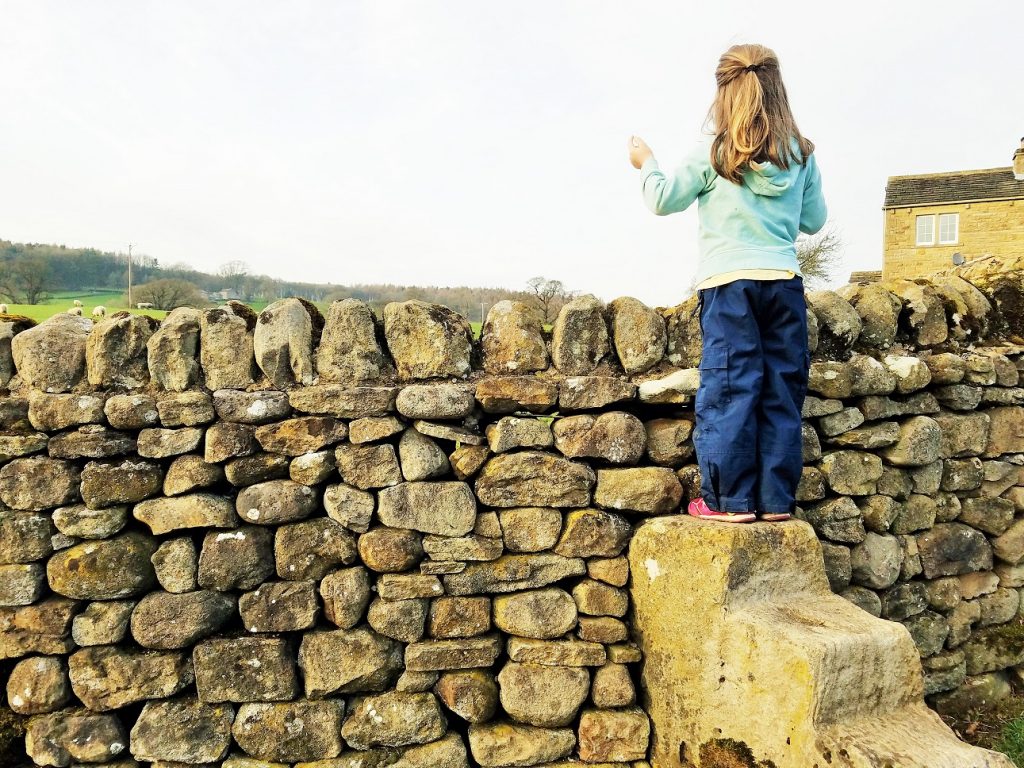
Can Gentle Parenting Solve The Mental Health Crisis?
Mental health is a big problem for many people. It’s estimated that 1 in 6 of us will have experienced a common mental health problem within the last week! (McMannus et al, 2016)
I know I have struggled with depression and anxiety on and off since my late teens, and this is one of the main reasons I decided to give gentle parenting a try.
I honestly believe that gentle parenting can vastly improve kids’ mental health prospects and develop a level of immunity to mental health problems. This is because of the huge focus on developing emotional resilience.
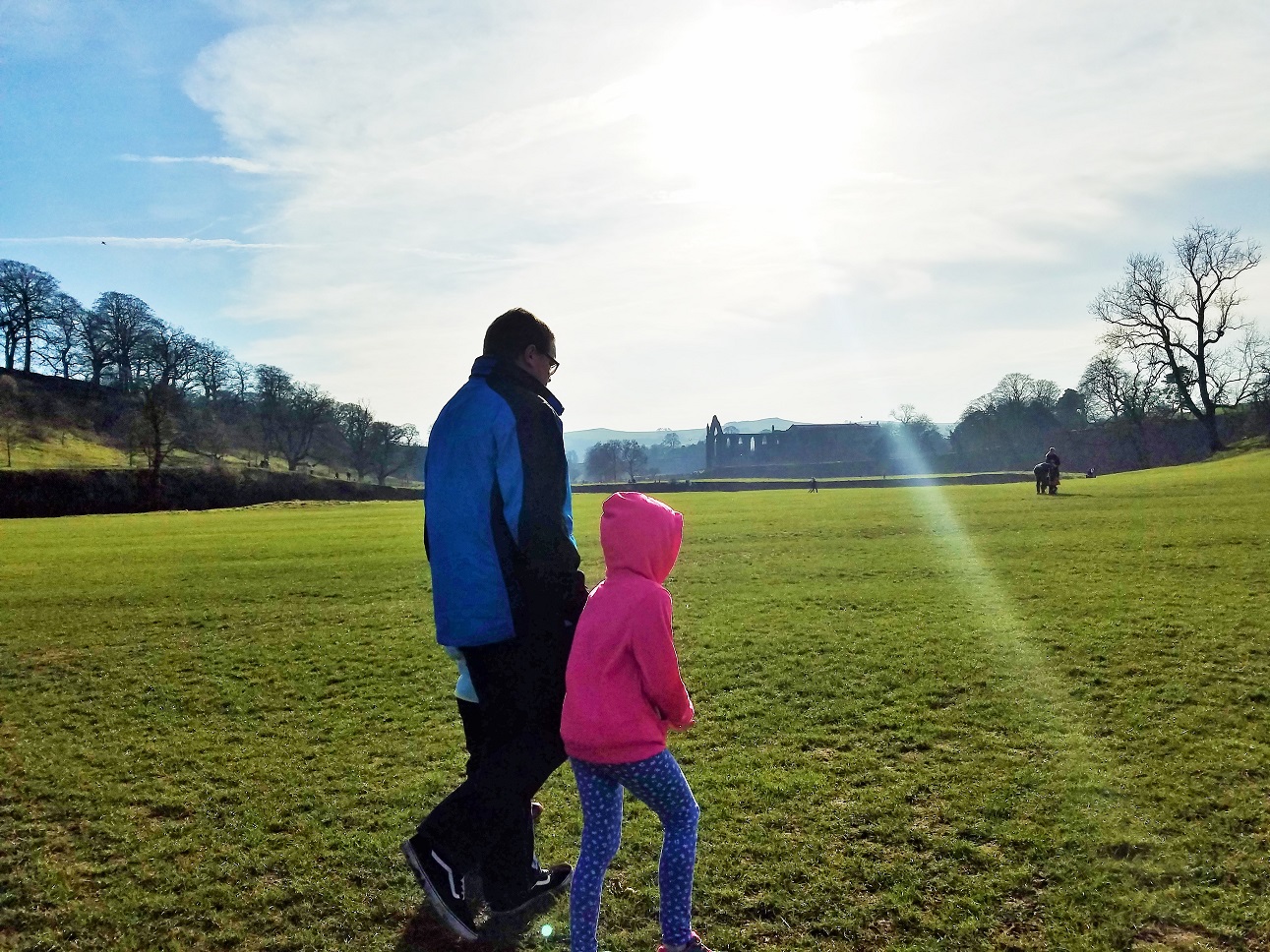
What is emotional resilience?
Emotional resilience is the ability to adapt, facing tough situations without falling apart. It is about valuing who you are inside, no matter what the outside world throws at you.
If you have a calm, steady base within you, you can cope better with the ups and downs of life.
People with emotional resilience believe in their intrinsic value, which means they work to make things better, more in line with what they know they deserve. They’re willing to reach out for help. They do things to make themselves happy. They’re tuned into their feelings and take time to process them.
Resilience doesn’t make problems go away, but it does help you cope – to find peace even in the difficult times and to be proactive in fixing things.
And all of these factors can help protect you from mental illnesses such as depression and anxiety.
So if gentle parenting is focused on developing children’s emotional resilience, then it stands to reason that these kids are going to gain some immunity from common mental health problems.
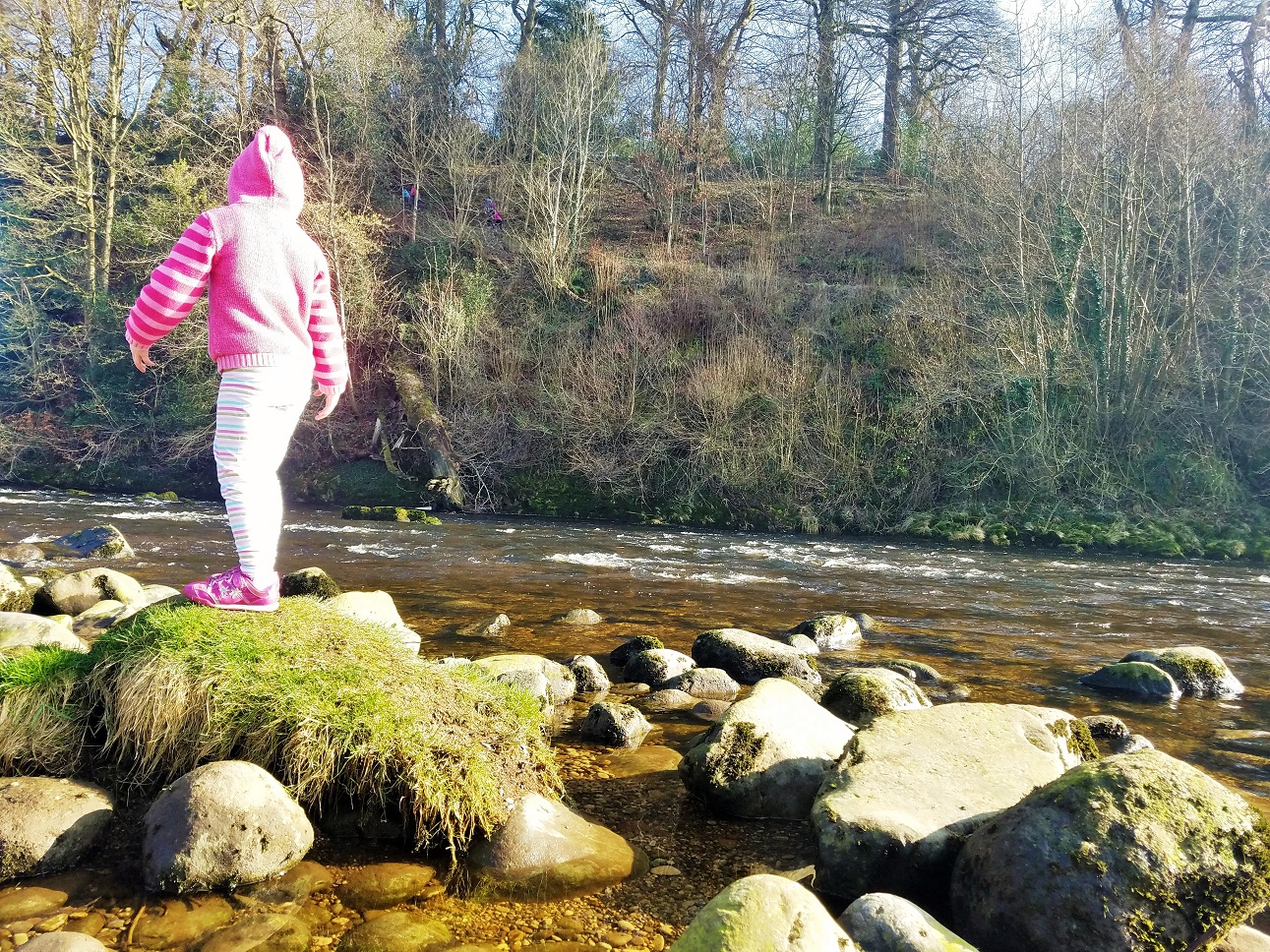
Parenting today, with one eye on tomorrow
There are three key ingredients to gentle parenting – respect, empathy and discipline – and all three are focused on developing emotional resilience. It’s the big, overarching principle.
We parent our littles in the ‘now’, with one eye on the future:
- What life lessons is this teaching her?
- How can I help him develop a healthier attitude towards this?
- What are my actions telling them?
So, for example, we don’t force our kids to be quiet by yelling at them – this is just a temporary, quick fix. Instead, we work out why they’re being noisy and tackle the root issue. This approach means we are developing our children – widening their understanding of the world and themselves – rather than whitewashing over the problems.
It’s about finding long term solutions to things, and treating them NOW how we would like them to behave and to be treated in the FUTURE.
I practise gentle parenting to give my kids the tools they need to combat mental health issues in the future.
I’m not saying that kids who are gently parented NEVER get depression or anxiety. But I do think that it gives them a fighting chance – a bit of immunity (just like eating healthily doesn’t guarantee you’ll never get ill, but it does boost your physical immune system).
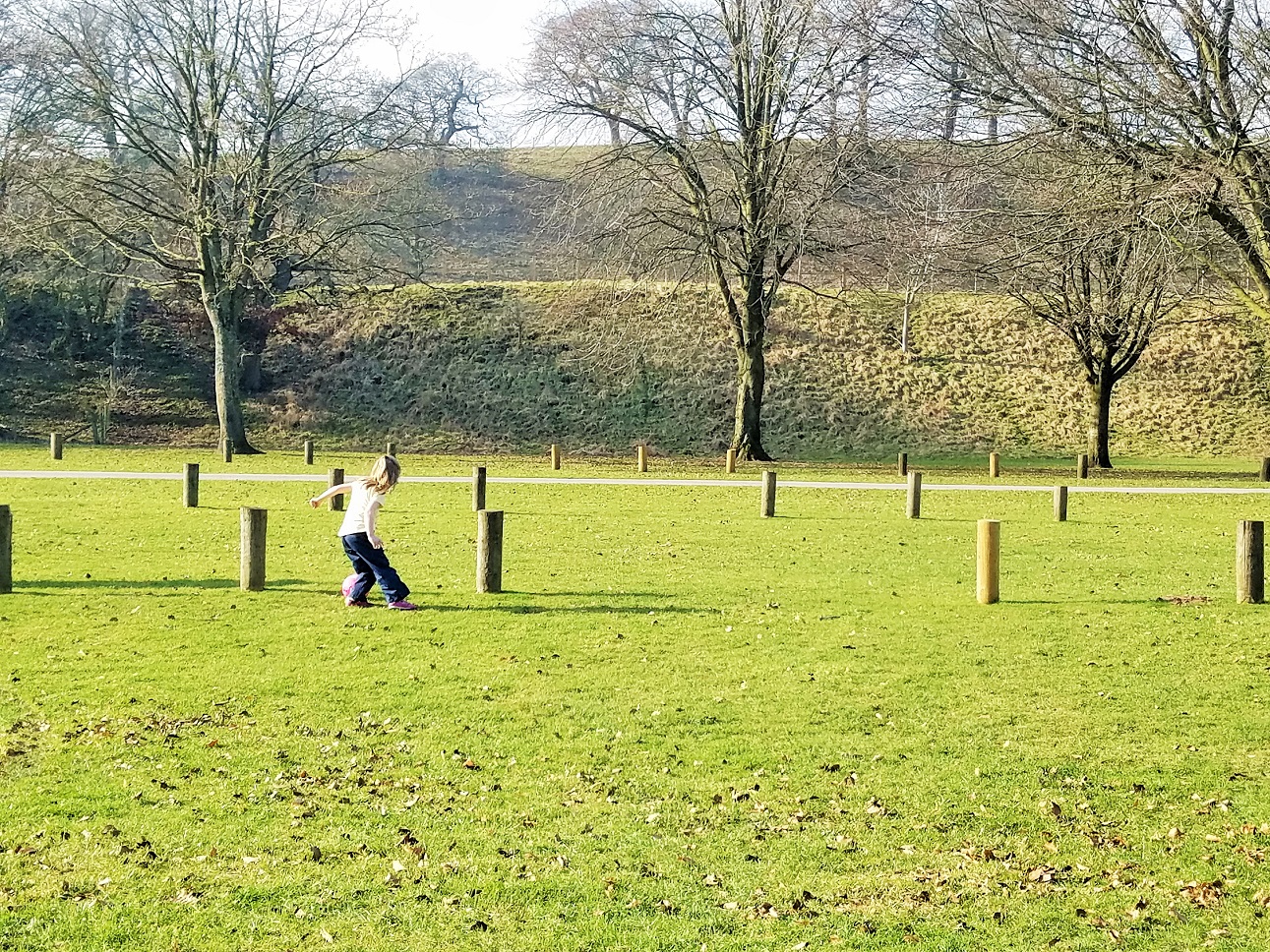
So how exactly can gentle parenting improve mental health?
Let’s break it down – what is it about gentle parenting that gives it this magical quality? How exactly does it tackle the mental health issues that so many of us face?
To understand this, we need to unpick the three core principles of gentle parenting.
Respect
Gentle parents respect their kids. They understand that children are not ready for an adult-amount of responsibility, but they are definitely worthy of an adult-amount of dignity!
This could mean asking a child if it’s okay to move their toy, rather than just putting it away. It could be taking a child on one side to talk to them about their behaviour rather than embarrassing them by yelling across the playground. It involves things like giving children space to express their feelings, and explaining things directly rather than just expecting them to tag along in blind obedience.
Here are some of the important lessons I’m trying to teach by doing this:
- You deserve to be treated respectfully
- You have autonomy over your possessions and body
- You are an equal
- It’s okay to question something that makes you feel uncomfortable
- Difficult emotions don’t make you a bad person
- You don’t have to hide difficult emotions away
- As a human, you intrinsically have worth
When I treat my kids with dignity, regardless of their age, understanding and emotions, they are learning that they are valuable and worthy of respect.
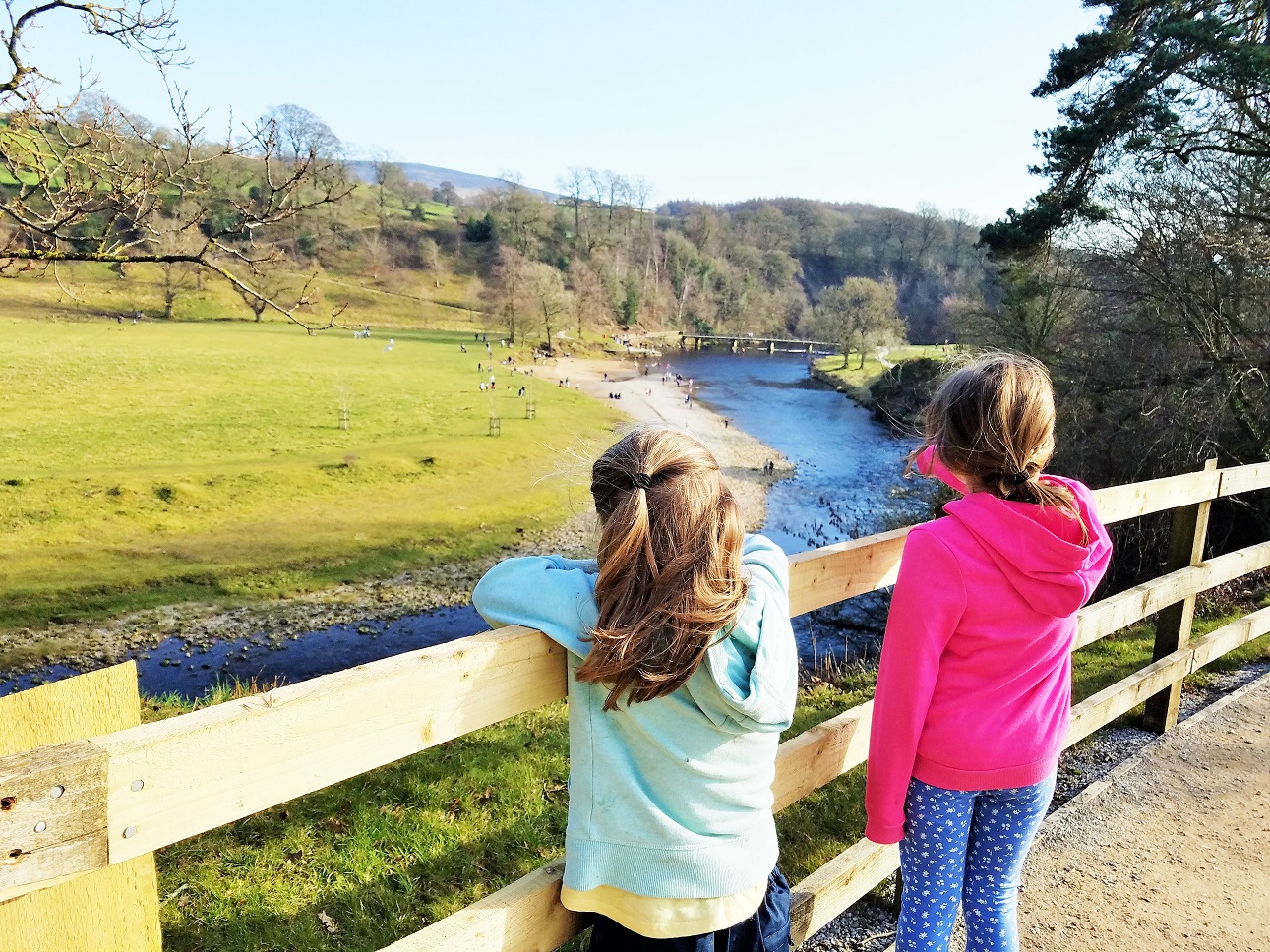
Empathy
Empathy is the ability to imagine how someone else is feeling.
Young children often can’t express how they’re feeling – they are overwhelmed with big emotions but they have no clue how to share those feelings or what to do about them. Similarly, older kids might be ashamed or worried about sharing their emotions and not know how to to talk about them.
Gentle parents spend time putting words to their children’s feelings (“I imagine you were quite angry when George did that.”). Reassuring kids that this is a normal, valid reaction, is so important. And then we try to come up with a plan together (“Maybe next time, you could do / say ____.”).
This gives them the tools to understand their emotions and teaches them the importance of adapting to the problem. These things are vital if we’re to raise kids who can keep tabs on, and maintain, a good level of mental health.
Here are some of the lessons that the empathy side of gentle parenting teaches:
- There are no “bad” emotions
- Feelings come and go – they are not permanent
- Asking for help is normal and healthy
- You are not defined by your emotions (e.g. feeling angry doesn’t make you a bad person)
- You don’t have to pretend to be okay when you’re not
- You might not be able to change your circumstances but you can take positive steps to adapt to them
This early childhood training in developing good mental health is priceless! Yes mental illness can still strike, but good mental health can sometimes prevent it from taking hold, or at least help with damage limitation. If we can build our kids a fortress of healthy, strong thought-patterns, their mental health problem immunity is going to be as high as it can be!
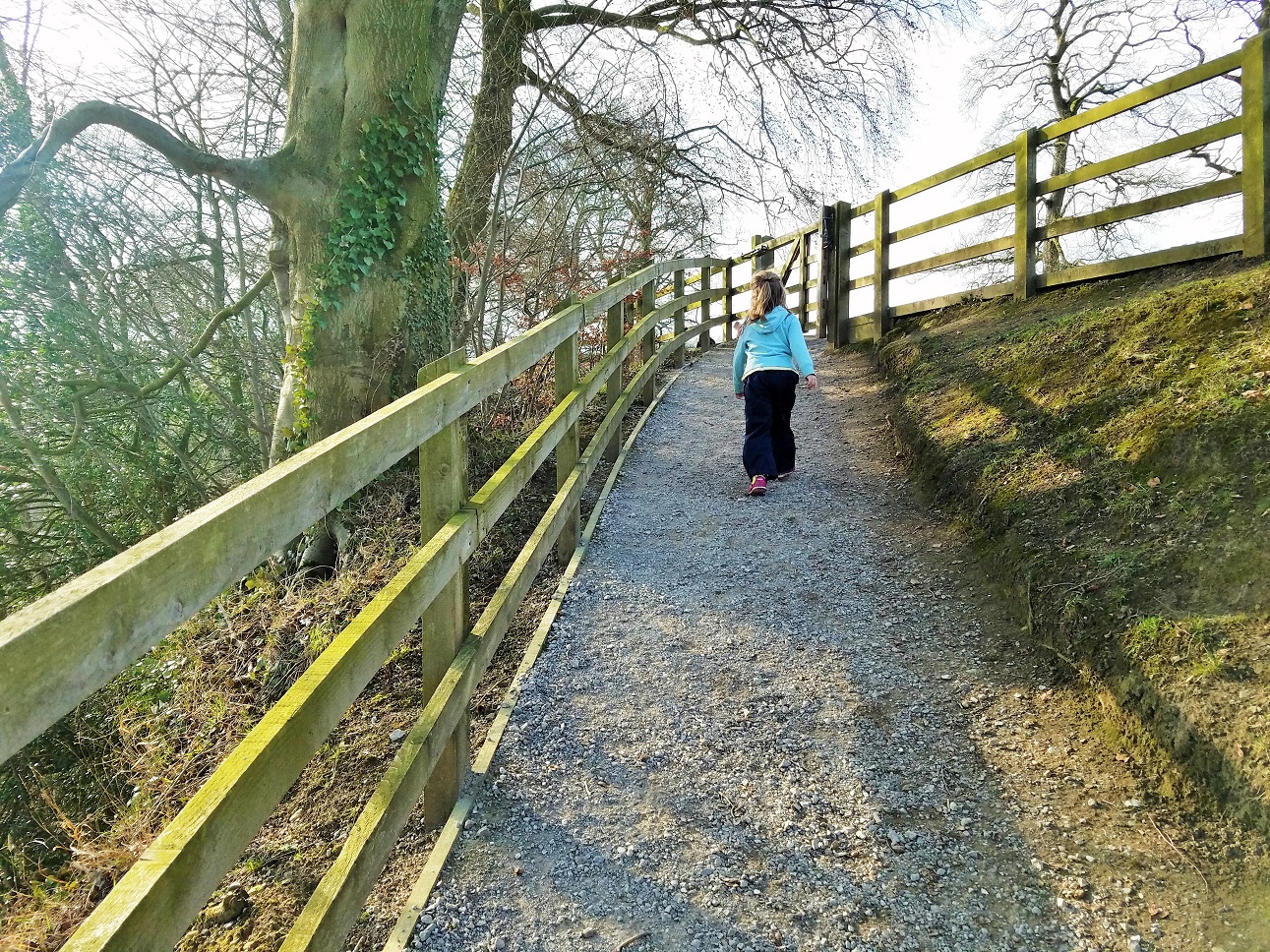
Discipline
Finally, gentle parent discipline is done calmly and objectively. There is no “payback” or “revenge” (which teaches that doing something wrong makes you less worthy – you have a debt to pay to make up for your wrongdoing).
Instead, the focus is on developing kids – we accept that everyone makes mistakes, talk together about what should have happened instead, and then move on.
Forgiveness is complete and past mistakes are not regurgitated again at a later date.
By doing this, our children are learning that:
- You don’t need to wallow in past mistakes
- Nobody is perfect
- Mistakes are a learning tool to help you grow
- Nobody has the right to treat someone else disrespectfully
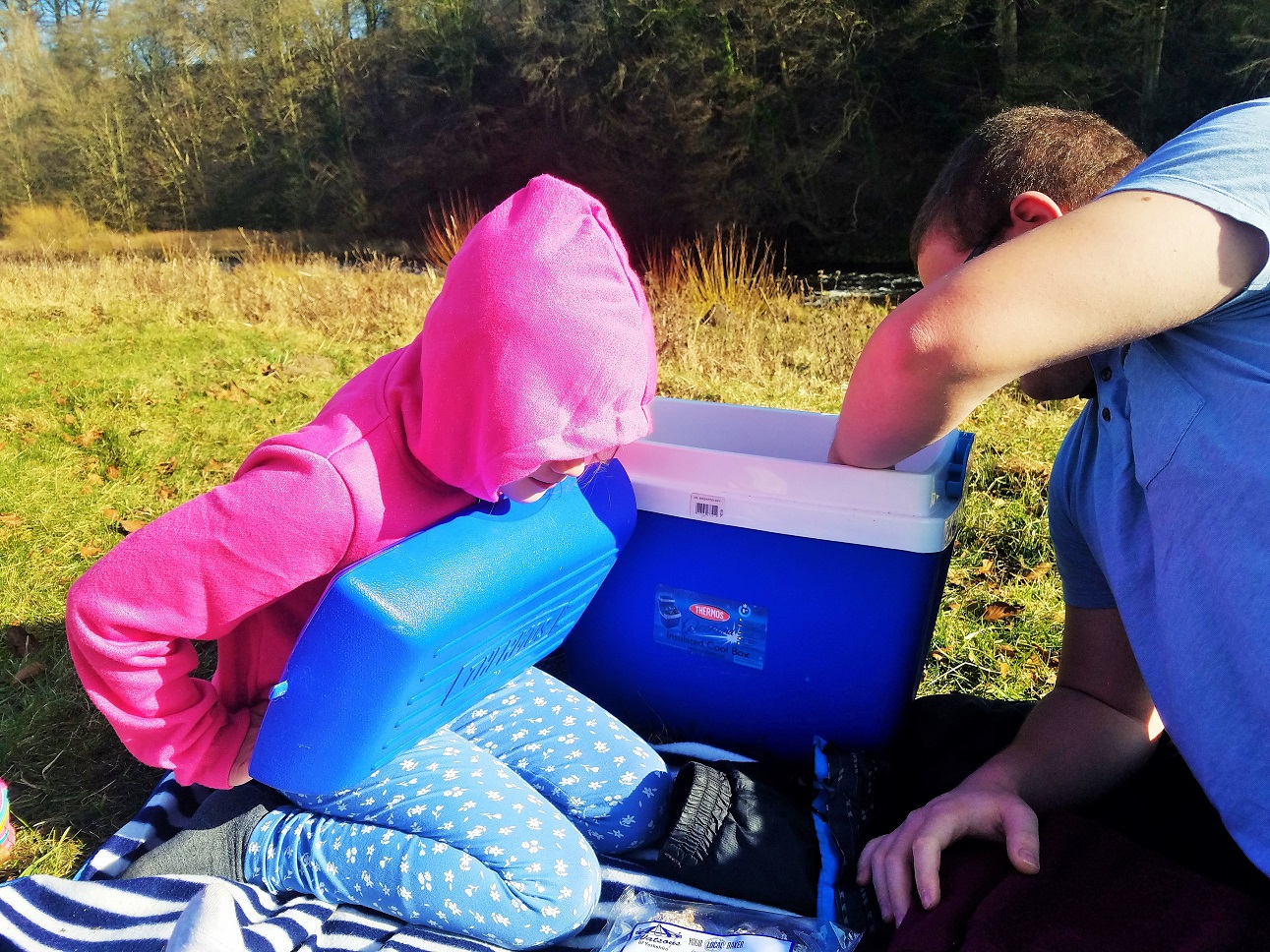
Gentle parenting is hard – it takes patience and emotional energy. It’s a massive time investment and the results might not be visible until many years later.
But if I can give my kids even a little bit of extra mental health immunity, it’s worth the effort!
If you enjoyed this post, pop your details in this form to be added to our mailing list and join the Lucy At Home community! (No spam, I promise!)
PIN it for later:
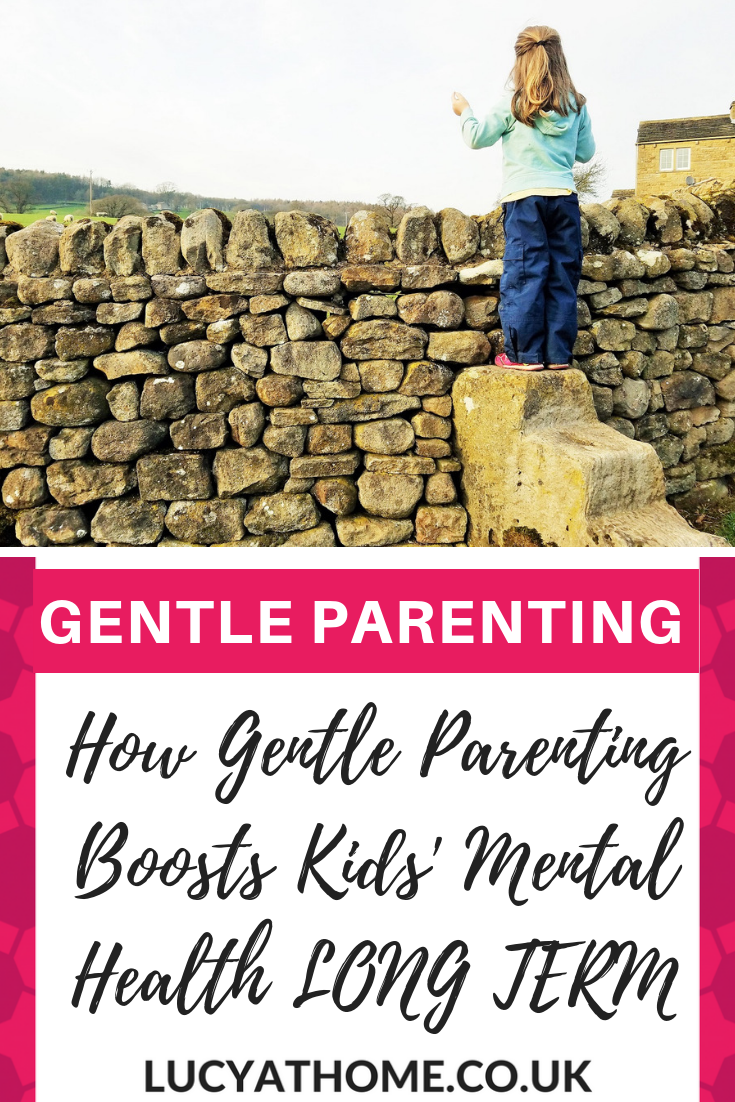

Loved this. I share all the principles, I didn’t know it could be labeled as “gentle parenting”. Especially self-worth is SO important. People wouldn’t believe how much it affects our kids later in life. It’s all about thinking you have a right to exist… or you don’t.
I wanna recommend you the book “Brave parenting”. I think you’d like it. It especially focuses on giving kids the tools to solve life issues instead of solving them ourselves to make our kids’ life easier in the short term.
What an amazing, thought-provoking and honest post. I love the strategies you suggest and hope to incorporate into our daily family life. Thanks for sharing!